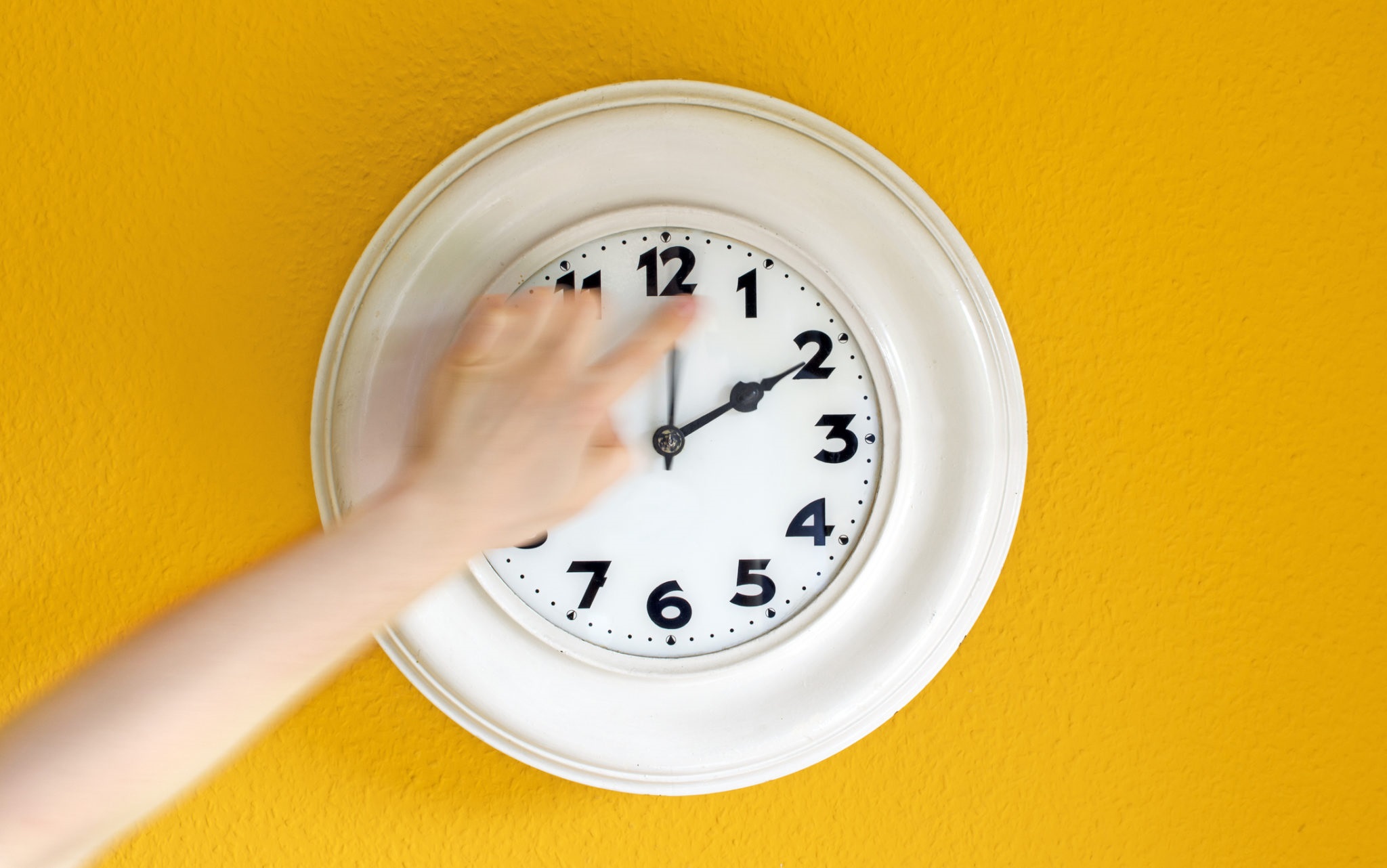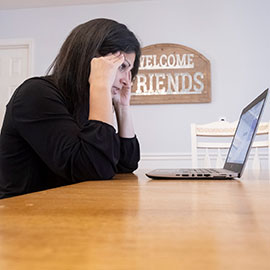How To Get Ready For Daylight Saving Time Changes

October 27, 2020
Updated: 3/10/21
When the start or end of Daylight Saving Time occurs, you may remember that it’s time to replace all of the batteries in your smoke detectors, but that isn’t the only thing to think about. It’s also time to prepare yourself for the impact that a one-hour time shift may have on your sleep.
Although the clock only moves by an hour, it typically takes your body several days to adjust to the change. Regardless of “springing ahead” or “falling back” an hour, the time change can negatively impact our sleep-wake cycle.
“Getting used to a one-hour change in schedule is like flying to a different time zone and experiencing one hour of jet lag, which requires you to adjust accordingly,” says Michelle Lomotan, M.D., a primary care physician with Hackensack Meridian Medical Group. “After the clocks change, you may feel tired or alert at the wrong times until you acclimate to the new schedule.”
Planning a smooth Daylight Saving Time transition
Whether you are an early bird or a night owl, you may have difficulty acclimating to the time shift. Making gradual adjustments to your schedule may help you adjust to the new time change more easily, rather than shifting your sleep schedule by one full hour the night that the clocks change.
To prepare for the upcoming shift in time:
- get at least seven hours of sleep on a consistent basis
- spend three or four days beforehand to gradually shift your bedtime, 15 minutes per day
- keep your bedtime routine the same, so that your body recognizes that it’s time for bed
- stop eating and drinking two to three hours before bedtime
- avoid alcohol in the evening, since it may disrupt sleep
- limit your exposure to bright light an hour or two before bed, including light from your phone
- expose yourself to bright light in the morning, whether sunlight or artificial light
- exercise in the morning, preferably outdoors in bright light
- if you’re tired, nap before 3 p.m. for no more than 20 to 30 minutes
If you have trouble staying awake after the clocks change, don’t reach for more coffee than usual to power through your day. When you overdo it with caffeine, you may have a harder time falling asleep at bedtime, which may extend the time that it takes you to adjust to the new schedule.
Take it easy the week that the clocks change
Recognize that you may need some time to adjust to the time change. If you feel more tired than usual as you acclimate, you may not be your best self. Do your best to minimize stress, which may make it harder to fall asleep at night. Try not to schedule major work deadlines.
Most people adjust to the new time change within a few days. If you’re still having problems falling asleep or awakening after a week, see your doctor.
Next Steps & Resources:
- Meet our source: Michelle Lomotan, M.D.
- To make an appointment with Dr. Lomotan or a doctor near you, call 800-822-8905 or visit our website.
The material provided through HealthU is intended to be used as general information only and should not replace the advice of your physician. Always consult your physician for individual care.
Signs That You Need a Mental Health Day

When you’re under the weather with a fever, cough or nausea, it’s easy to know you need to take a sick day. What’s not so clear is when you should stay home for a mental health day, but the concept is slowly catching on.
Try These 9 Things for Better Gut Health

We all know how uncomfortable it can be to feel bloated, be constipated or experience an occasional bout of diarrhea.

Signs You Could Be Low on Vitamin D
You may experience a vitamin D deficiency if you don’t spend enough time in the sun or if you don’t consume enough foods rich in vitamin D.

What Does It Mean If You Grind Your Teeth at Night?
Sometimes when you’re feeling stressed or angry in the middle of the day, you may suddenly realize that you’ve been clenching your teeth together in response to your emotions.

Types of Headaches Explained by a Neurologist
What type of headache might you be experiencing, and what can you do about it? Our neurologist weighs in.

How Often Should You Wash Your Clothes?
How clean is the outfit that you’re wearing today?